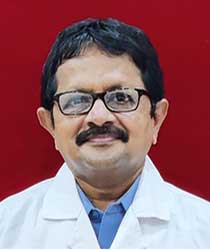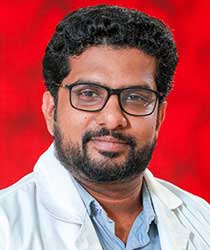FORENSIC MEDICINE
General Introduction: The Department of Forensic Medicine at the undergraduate level is a crucial component of medical education, focusing on the application of medical knowledge in legal contexts. Grounded in the principles of forensic science, the department plays a pivotal role in shaping students' understanding of the interface between medicine and the law, particularly in the investigation of injuries, deaths, and medico-legal issues.
Department Vision:
To be a center of excellence in undergraduate forensic medicine education, producing healthcare professionals with a comprehensive understanding of the principles and practices in forensic science. The department envisions its graduates as competent forensic practitioners capable of contributing to legal proceedings with integrity and precision.
Department Mission:
- Educational Excellence:
- Deliver a robust curriculum covering the breadth of forensic medicine, including forensic pathology, toxicology, legal procedures, and ethical considerations.
- Practical Training:
- Provide hands-on training in medico-legal examinations, crime scene investigations, and the interpretation of forensic evidence.
- Medico-Legal Awareness:
- Emphasize the importance of medico-legal aspects in medical practice, ensuring students are well-versed in their role as expert witnesses and contributors to legal investigations.
Department Core Values:
- Integrity:
- Uphold the highest standards of integrity and objectivity in forensic practice, recognizing the role of forensic practitioners as impartial contributors to the legal system.
- Ethical Conduct:
- Instill a commitment to ethical conduct in forensic examinations and interactions with legal authorities, ensuring transparency and honesty.
- Collaboration:
- Recognize the interdisciplinary nature of forensic work, fostering collaboration with law enforcement, legal professionals, and other medical specialties.
- Continuous Learning:
- Encourage a culture of continuous learning, ensuring that students stay updated with advancements in forensic science and legal procedures.




